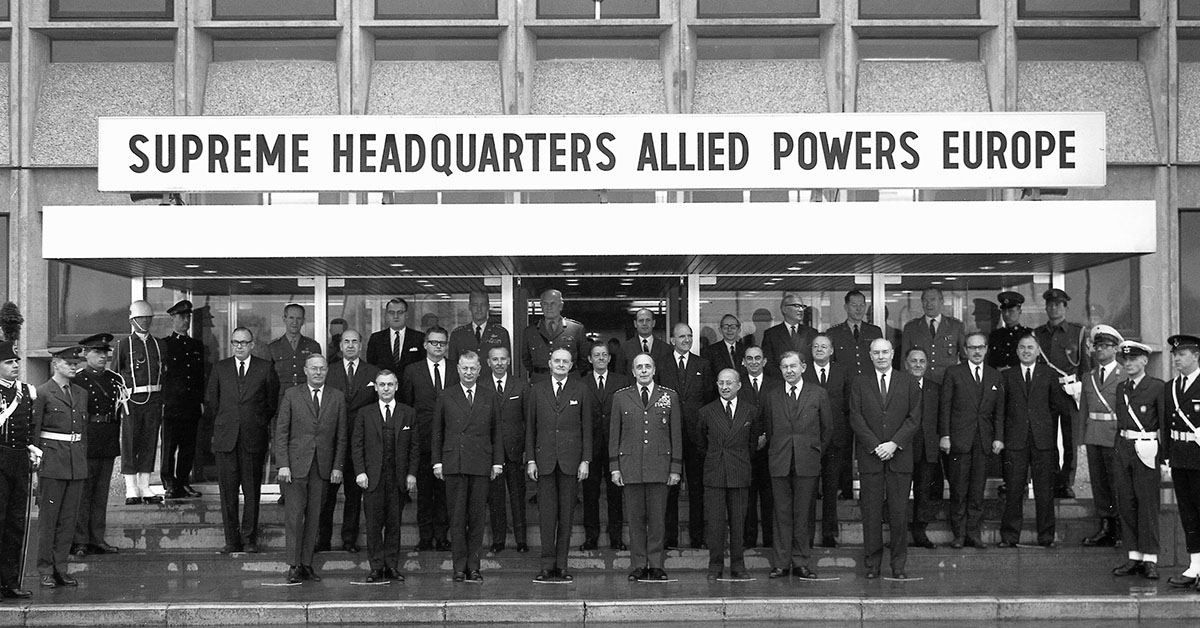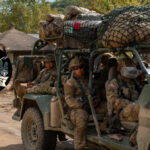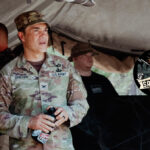
How important is enhancing unity of effort … [so] all the differences in culture, values, caveats, mindsets, etc. are harmonized for a common objective?
Service at the strategic level sometimes involves working with international partners and possibly serving within multinational environments, such as NATO in Belgium or UN peacekeeping missions. The experiences of American officers in such settings can feel, literally, foreign as U.S. military culture and habits may differ from those of allied and partner nations. Unfortunately, not everyone receives adequate training or other preparation for entry into such assignments, which can impact both individual and team performance.
This year, a team of U.S. Army War College researchers studied factors that contribute to success in multinational staff assignments based on interviews with U.S. Army War College students — both Americans and International Fellows. Reporting the results of this study are two of the team members — Colonel Christian Vial, a U.S. Army War College Exchange Officer from Chile and Dr. George Woods. What can professional military education institutions and force providers do to set its budding multinational staff officers for success? A BETTER PEACE Editor-in-Chief Jacqueline E. Whitt moderates.
Click here to download an executive summary of the study!
Podcast: Download
Christian Vial is a colonel in the Chilean Army and an exchange officer on the faculty of the U.S. Army War College. George Woods is Professor of Strategic Leadership at the U.S. Army War College. Jacqueline E. Whitt is the Editor-in-Chief of A BETTER PEACE. The views expressed in this presentation are those of the speakers and do not necessarily reflect those of the U.S. Army War College, U.S. Army, or Department of Defense.
Photo: Official opening of the SHAPE Headquarters, Mons, Belgium, 1967
Photo Credit: NATO





Interesting study! I recommend to you “The Lessons of International Experience: Developing Global Leaders.” You will see that your civilian counterparts face many of the same challenges that you identified in your study.